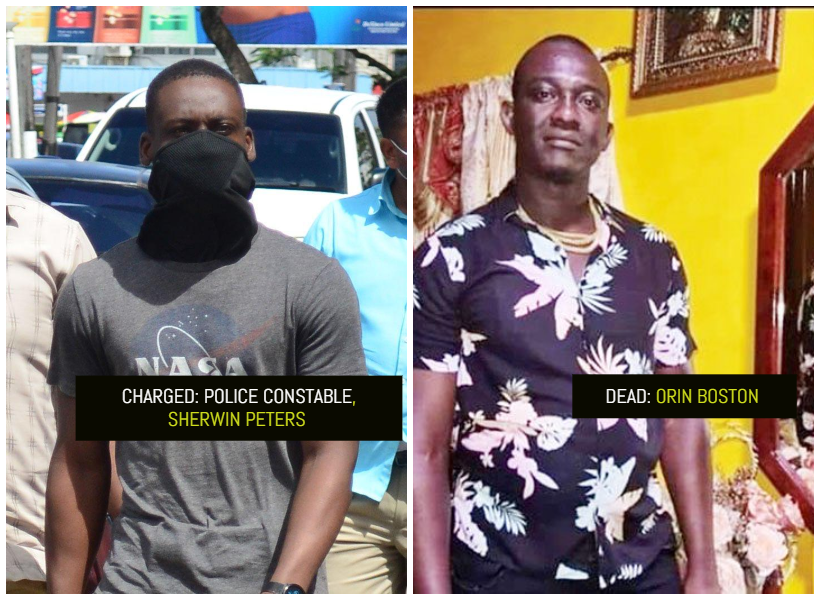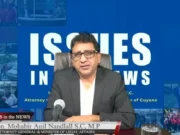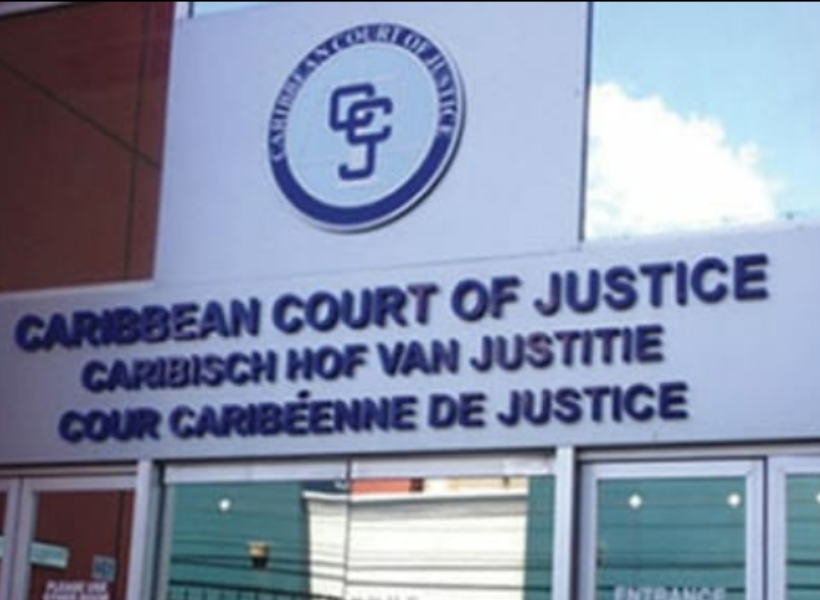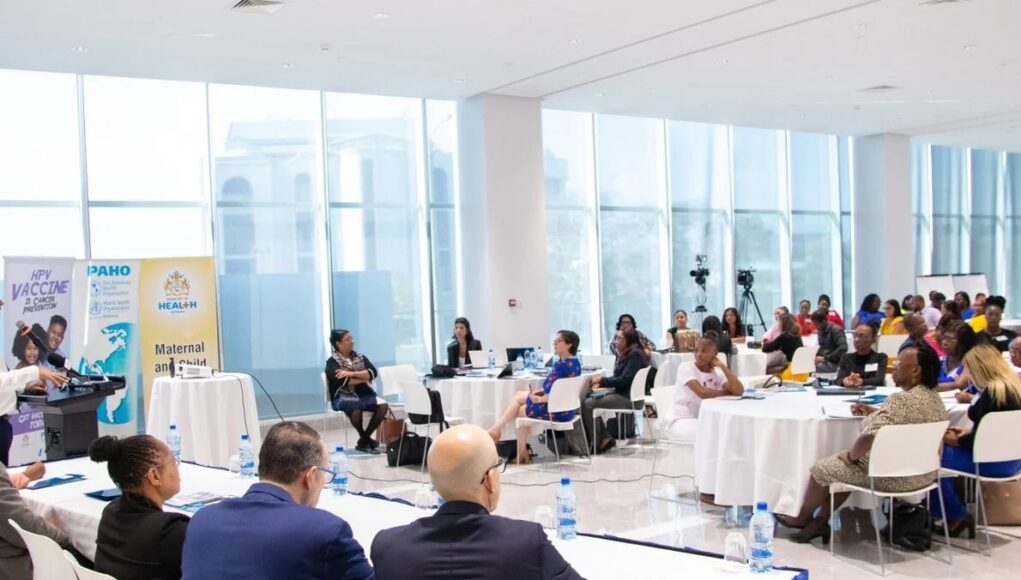Cervical cancer has emerged as a leading cause of death in Guyana, according to recent findings from the Pan-America Health Organization (PAHO) which held a Human Papilloma Virus (HPV) scientific conference recently.
The conference, attended by key stakeholders including health officials, experts, and policymakers, shed light on the alarming prevalence of cervical cancer and the urgent need for preventive measures.
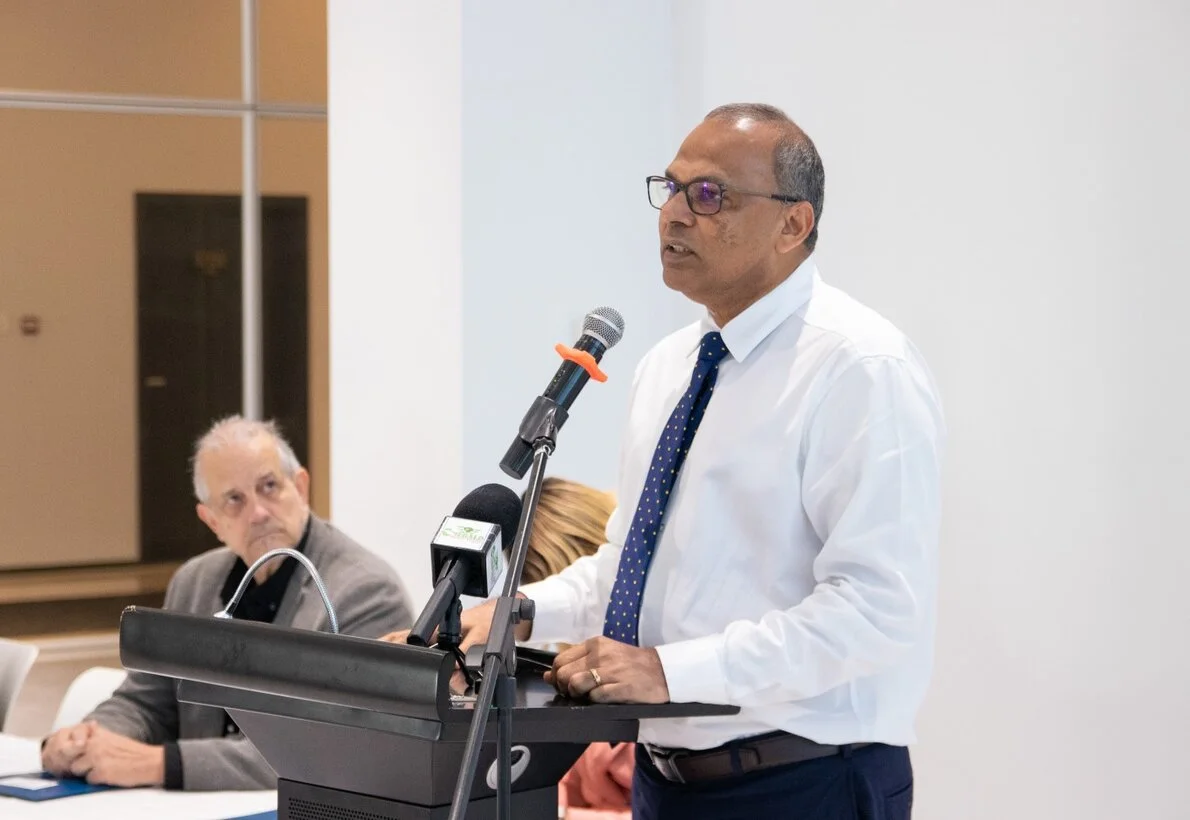
During the conference, it was highlighted that cervical cancer ranks among the top contributors to years of potential life lost in Guyana, marking a significant public health concern. Minister of Health, Dr. Frank Anthony, underscored the severity of the situation, noting that cervical cancer which is caused by HPV is preventable with the use of vaccines. He highlighted the government’s efforts to expand HPV vaccination to both females and males aged 9-16 years, despite challenges posed by the COVID-19 pandemic.
“Our desire is to work on multiple fronts so that we bring relief to our population in relation to cancers. We have been actively working to reduce morbidity and mortality of chronic non-communicable diseases,” the Minister said. He added, “What we noticed is breast cancer is the leading cancer among women and second is cervical cancer. If cervical cancer is the number two cancer among women and this is preventable by a vaccine, then we want to make sure that every child in this country is protected.”
Moreover, scientific advancements in HPV vaccines were presented, highlighting their effectiveness in preventing cancer and the role of the PAHO Revolving Fund for Vaccines in ensuring vaccine availability.
Addressing the gathering, PAHO/World Health Organization (WHO) Representative for Guyana, Dr. Luis Codina, emphasized the importance of prioritizing cervical cancer prevention efforts. He highlighted the need for collaborative action to increase HPV vaccination uptake and coverage, especially among young girls and boys.
It is important to note that Guyana was one of the first countries of the Caribbean to pilot the HPV vaccine in girls 11-13 years old in 2012. By 2017, the country was able to expand HPV vaccines to both females and males aged 9-16 years old. However, during the COVID -19 pandemic, the country faced several challenges and was unable to sustain and increase the HPV vaccination uptake due to the closure of schools.
In addition, it was noted that despite Guyana’s early adoption of HPV vaccination programmes, challenges remain in vaccine acceptance and sustainability, exacerbated by the disruptions caused by the COVID-19 pandemic.
Overall, the conference served as a platform to review global, regional, and local factors contributing to cancer prevention, discuss strategies to enhance HPV vaccination uptake, and present scientific updates on vaccine effectiveness. It also provided an opportunity to learn from other countries’ experiences in HPV vaccine introduction and its impact on cancer reduction and prevention.
Moving forward, PAHO/WHO Guyana said it will continue to support the Ministry of Health in eliminating cervical cancer among women and girls, while also addressing HPV transmission and associated complications among boys. The ultimate goal is to achieve over 95 percent vaccination coverage and significantly reduce cervical cancer-related deaths in Guyana.


